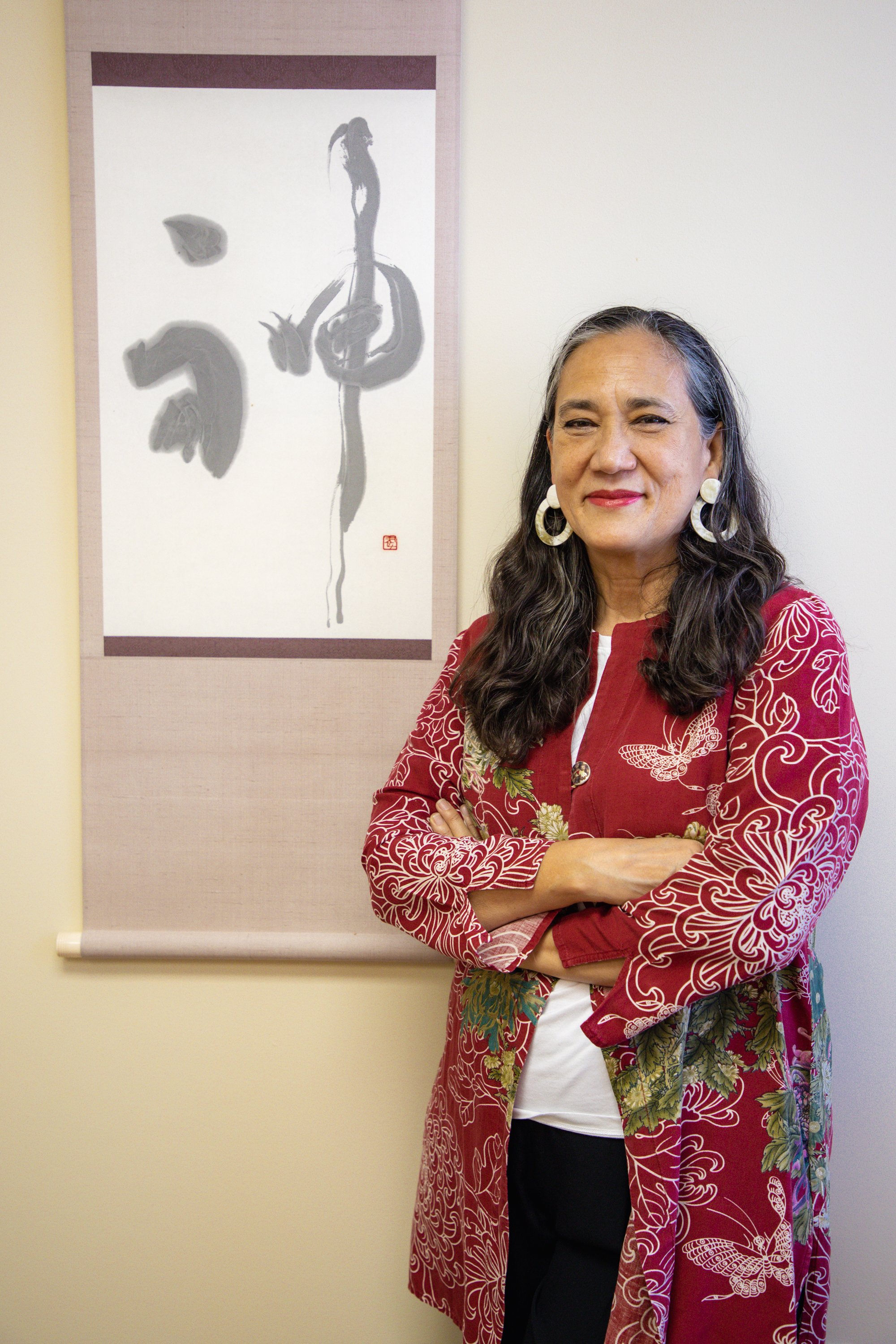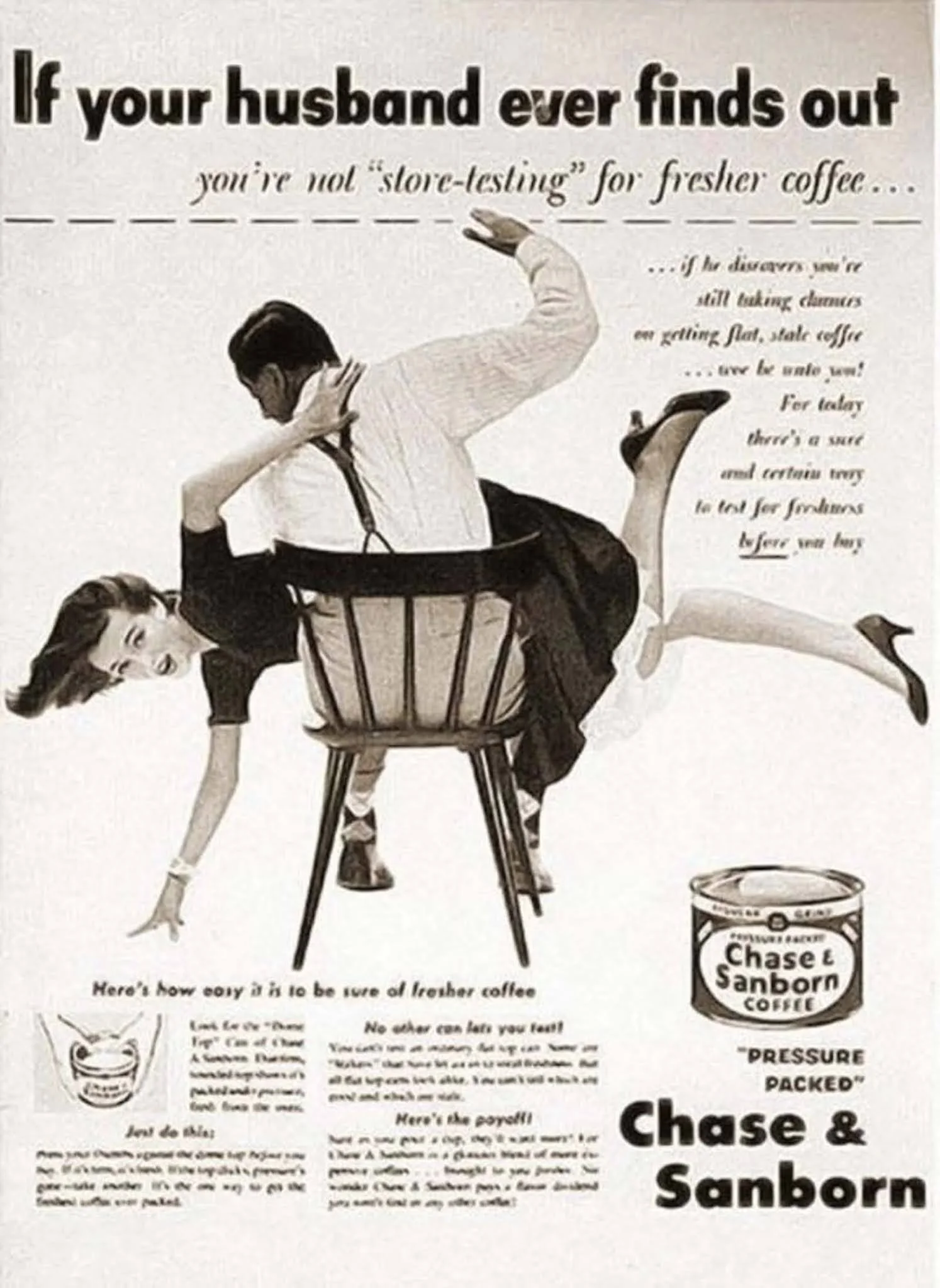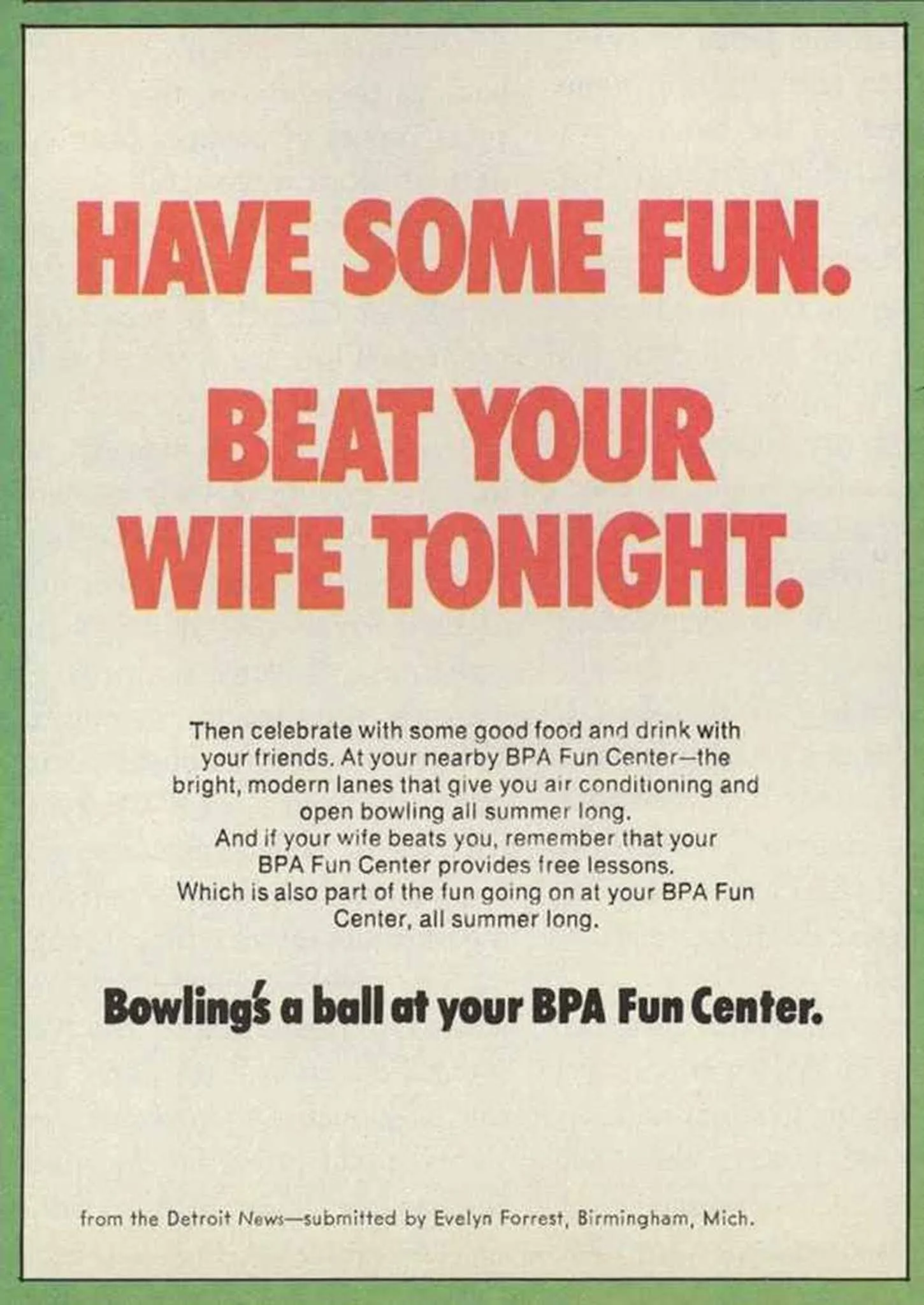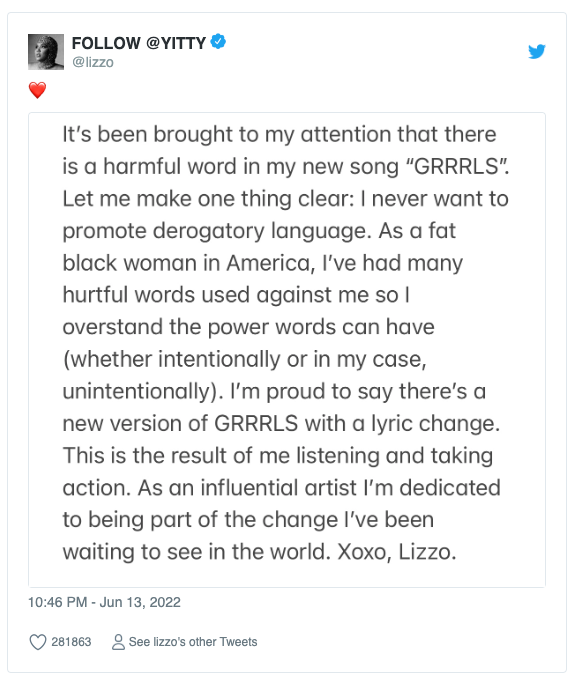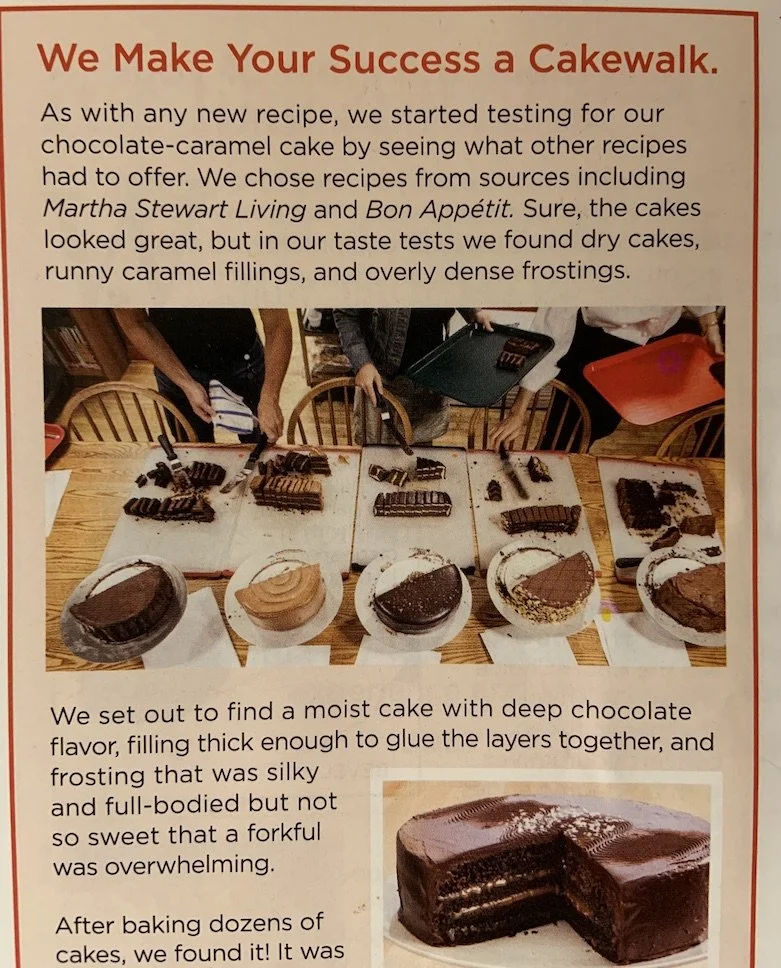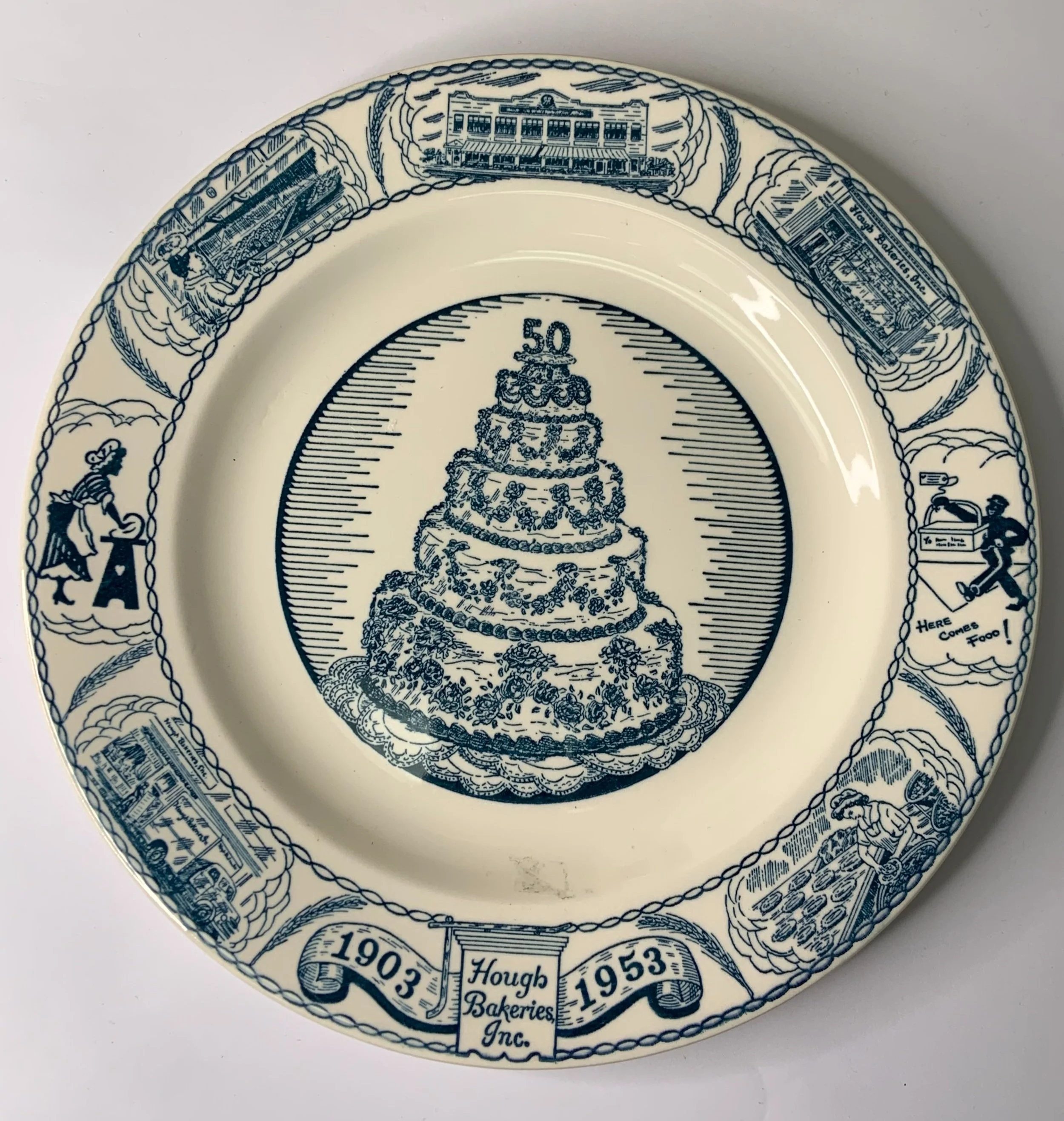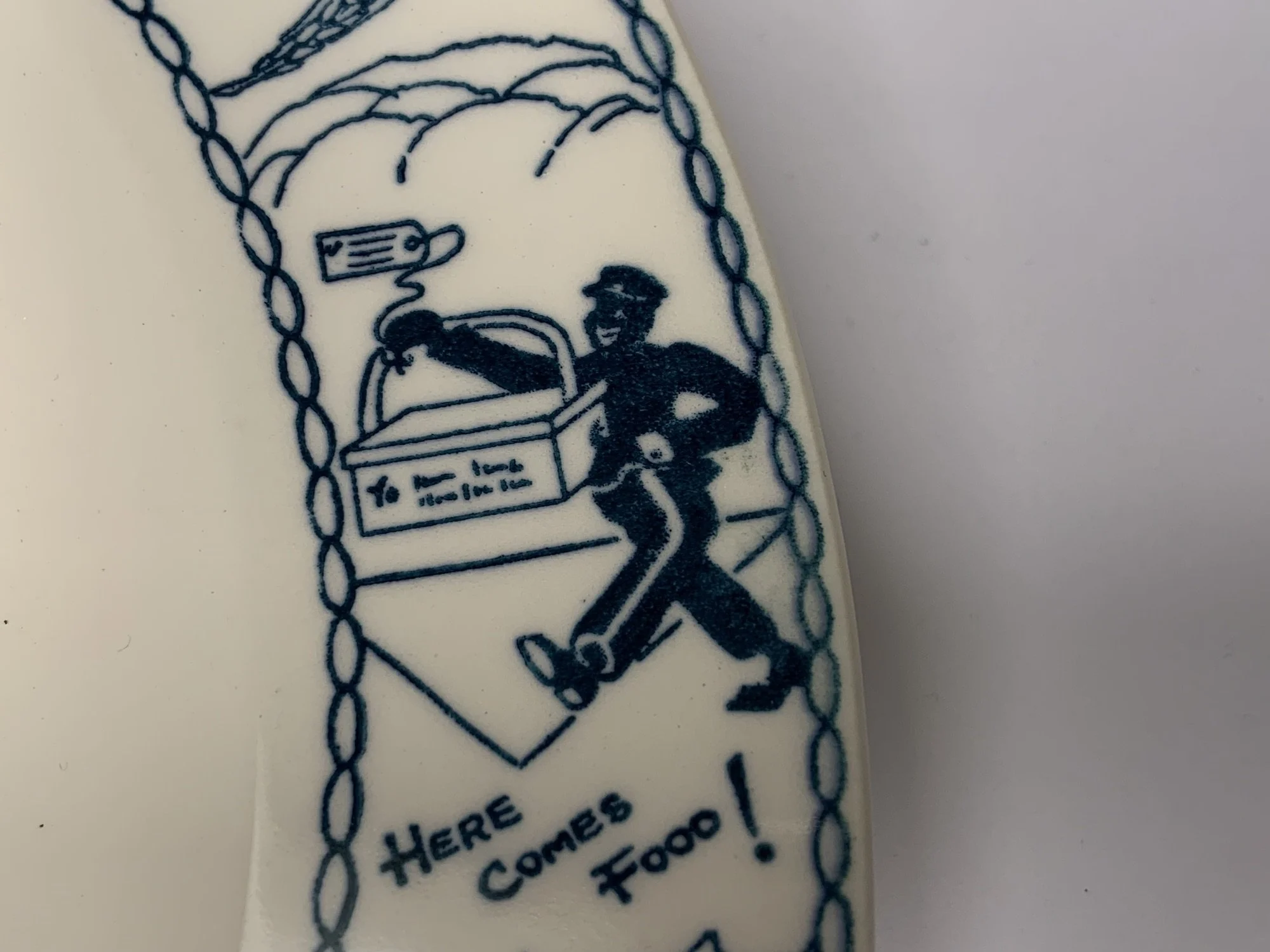How Casual Advertising “Isms” Poison Your Money Beliefs
From our first cry to our last breath, we have targets on our backs.
New parents are given baby product samples at the hospital. Their 18-year spending spree has just begun. Our birth is not just recorded by the Bureau of Vital Records and Statistics but also cheered by the marketing databases, for a new consumer has been born.
There is no escape.
Ads have been around since the invention of media, but now they’re chasing us on a whole new level. You can thank technology and the finance bros for that. If capitalism were a trendy restaurant, it would be a ‘nose to tail’ joint, where no part of the pig is left unmolested. Modern finance theory has taught businesses how to wring a return from every possible angle and asset. In contemporary finance, there is no worse sin than leaving money on the table.
I’m not exaggerating.
Drive into a gas station and as soon as you pull the pump handle, the TV starts blaring ads. Think about it. You’re buying from them, and now they’re nonconsensually making money off your attention. The ad revenue boosts their bottom line, not yours.
Even New York City subway turnstiles have ads on them as if stations and train cars weren’t enough. Technology has enabled ads to be more tailored, more sneaky, and more intrusive – Ads for fast food joints pop up on your car navigation apps, coupons load onto your phone as you walk by stores, and even supermarket carts have ads.
We’ve gotten good at ignoring ads but they’re everywhere.
We can’t help but be affected – not just by the fears and yearnings ads trigger – but also by what they choose to tell us about our world. We are not only being sold products and services but our society is reflected in their messages. That is why ads considered “clever” in the past would trigger boycotts today.
It’s not always conscious on the part of the “system,” but that’s how systemic sexism, racism, and all the “isms” operate. I’m not suggesting that everyone from the client to the ad agency is thinking “let’s keep marginalized people in their place.” In their minds, they’re just showing their goods and services in their natural habitat, and those assumptions are riddled with unconscious but very real biases.
This kind of thoughtless conditioning creates our money hangups.
“Money is an issue for a lot of people – but women encounter far more systemic obstacles when it comes to their finances. Gender inequality reaches far beyond low salaries and boardroom tokenism; it starts with the way we’re taught. It starts with the way we’re spoken to.”— Anne Boden, Founder and CEO of Starling Bank.
In 2021 UK based Starling Bank commissioned a study on Gendered Representations of Money in Visual Media. This was follow-on to a 2018 linguistic analysis of how men, women, and money are spoken of in the media.
Surprise, surprise, there was a shit ton of sexism.
65% of articles defined women as excessive spenders and 70% of articles aimed at men defined making money as a masculine ideal.
The 2021 study showed how differently men and women are portrayed when dealing with their finances. In examining stock photo libraries that sell images to be used for business purposes, the study found that:
“The results show that there are distinctly gendered representations of men and women dealing with money. Infantilization – portraying women as childlike and naive with cash – is a common theme. Not only are women less likely than men to be shown handling money but when they do, women handled small number of coins, often pennies places into a piggy bank or jar. In contrast men are often shown holding wads of notes, making deals, showing off or spending money confidently.”
“Gendered Representations of Money in Visual Media” Starling Bank, 2021
By now you know that Anne Boden, the Founder, and CEO of Starling Bank does not mess around.
It wasn’t enough to point the egregious sexism out – she DID something about it by commissioning a photo shoot of women interacting with their money like grown-ass adults, and she made it available for free. Now there are no more excuses for not having more representational and empowered images of women, in all their sizes and shapes.
This is 2022 y’all, and this shit is still going down.
So don’t give yourself a hard time if you have a complicated relationship with money. You are marinating in a culture saturated with advertising, you inherited family money legacies, and you are subjected to written and visual media that often depicts women as incompetent boobs.
See it.
Have to have the courage to call it out.
Get karma points if you offer a solution in the process.
Here’s what I mean.
I recently read about common expressions that have problematic roots – racism, antisemitism, sexism, in short, all the “-isms.” There were so many phrases I had NO IDEA derived from slavery or were reminders of people’s pain.
Take the word “cakewalk”.'
The terms "cakewalk" and "that takes the cake," may sound innocent enough, but sadly, they're not. A phrase that has come to mean "easy" or "without much effort," referred to a very Southern tradition that dates back to the Antebellum slave era.
"The cakewalk originated as a dance performed by enslaved Black people on plantations before the Civil War." White slaveowners often forced Black couples to dance, competing for cake. Initially, this dance started as a "Grand March." But, the dancers would add their own style, making it an authentic African American tradition. They used this opportunity to mock the White slave owners' mannerisms, but most White slavers had no idea.
— Excerpt from https://readcultured.com/5-racist-phrases-to-remove-from-our-civil-discourse-ddd9514106
Or Eskimo, or Gypsy, or any number of hurtful terms.
I resolved not to use these painful words. It’s a small way for me to show respect and not perpetuate harm. Because I believe words have power, as do images.
Once I had clarity (Manjusri) I could take action (Daruma).
If you have a business, you can have your visual and written style guides, as well as your operational handbook, uphold this standard:
No language derived from seeing fellow humans as less than human.
No less-than, objectifying or dehumanizing images to be used in your materials.
Here’s what we can also do:
When we fuck up we can make things right, right away, as Lizzo did.
The other day I got a marketing piece from Cook’s Illustrated, which had the following headline “We Make Your Success a Cakewalk”. The article was about making a cake, and the pun was obvious.
I was stunned. Here it was, that loathsome term, being used with no malicious intent, and yet…. 🤮
So I’m letting the folks at Cook’s Illustrated know they may want to add a list of hurtful terms to avoid in their style guide.
It takes a village y’all, to make the world welcoming for everyone.
This brings me full circle to a life imitating art moment, vintage ads, and how unconscious bias can be displayed unselfconsciously.
I bought a commemorative plate at a thrift store with a giant cake pictured in the middle celebrating the 50th anniversary (1953) of Hough Bakery in Cleveland.
I am a bit (lot) of a hoarder of business ephemera. I love reading business books from before efficient capital allocation and productivity culture took the humanity out of business.
It was only when I got home and took a closer look that I saw caricatures of a black man and woman on the border of the plate. THEY ARE LITERALLY BEING MARGINALIZED. The racism depicted is so casual it’s stunning. 🙄
The moral of the story?
Hough’s Bakery declared bankruptcy in 1992 in part because it failed to modernize its operations and couldn't stay competitive. Here are photographs of the carcass of Hough’s Bakery, once one of the ten largest bakeries in the U.S. This is what a dead business looks like. Businesses go extinct, and so can attitudes.
Be vigilant my friends. Recognize the less than useful messages you received growing up and continue to receive even now from the media and advertisers. Tell businesses to stop perpetuating bullshit when you see it and take steps to do your best to lead by example.
We all get to co-create a world that respects our common humanity.
P.S.
I'll be teaching a class on Financial Intimacy for Small-Business Owners this October. You’ll make better and more profitable business decisions when you approach your financials with curiosity and listen the stories they’re telling you. Sign up here for early bird notification.
For more thoughts and ideas on financial intimacy, subscribe to my weekly newsletter Cultivating Your Riches.

